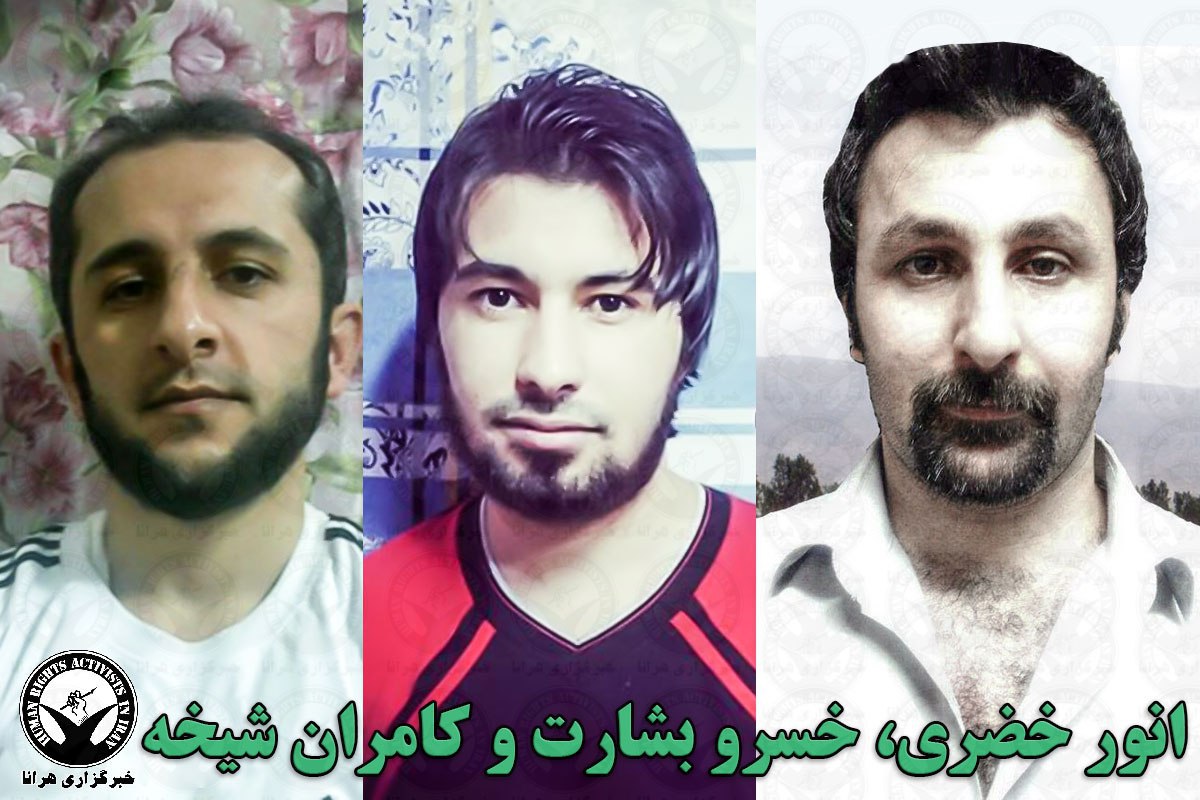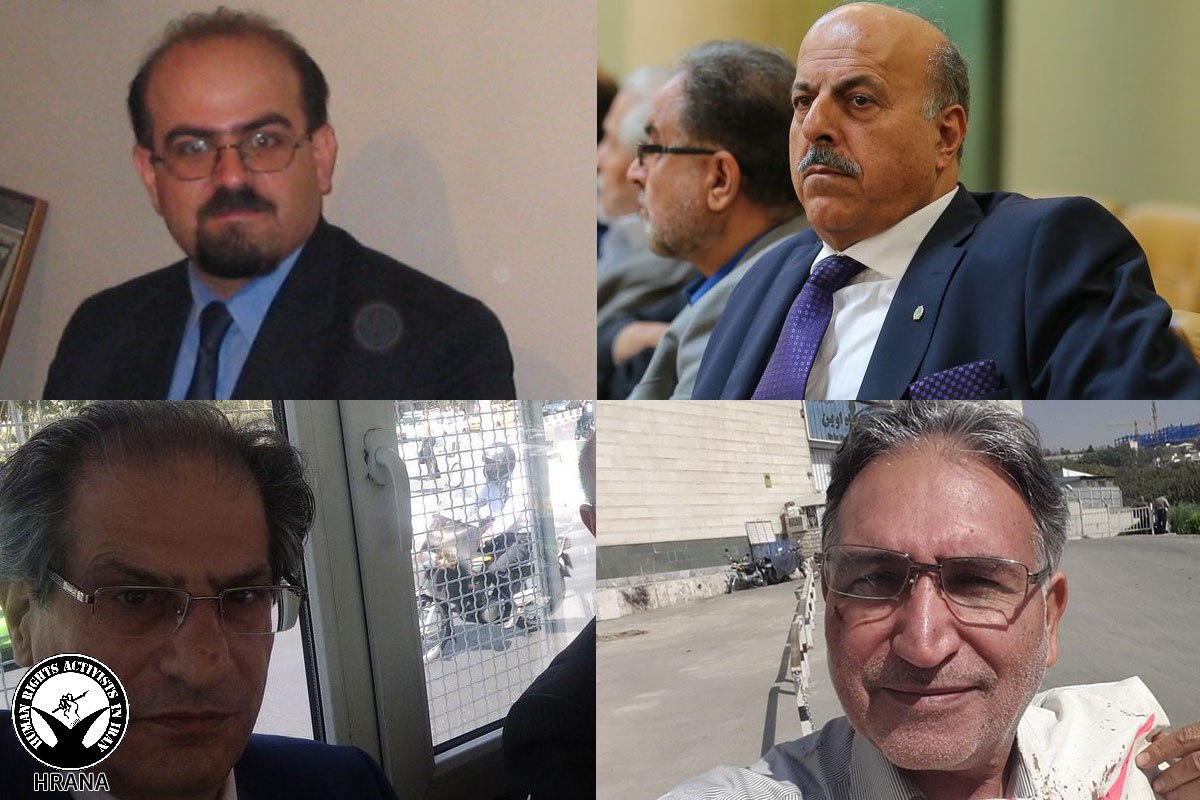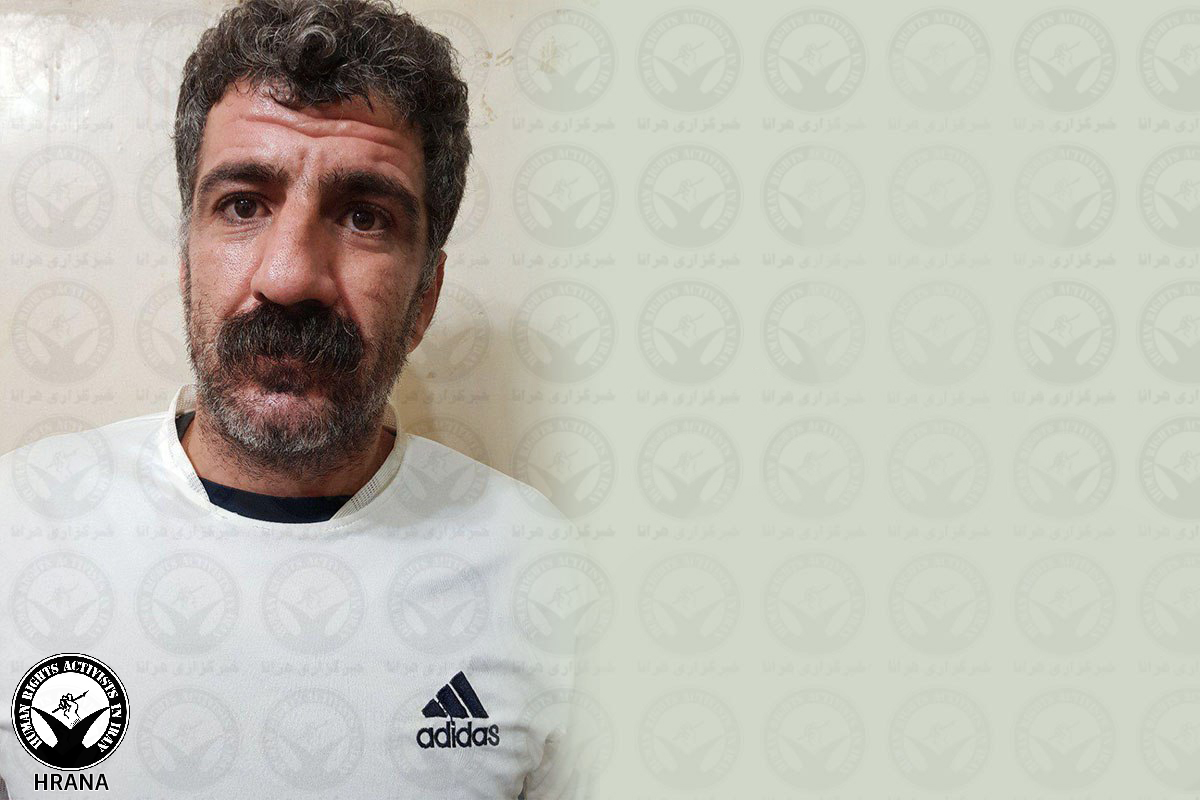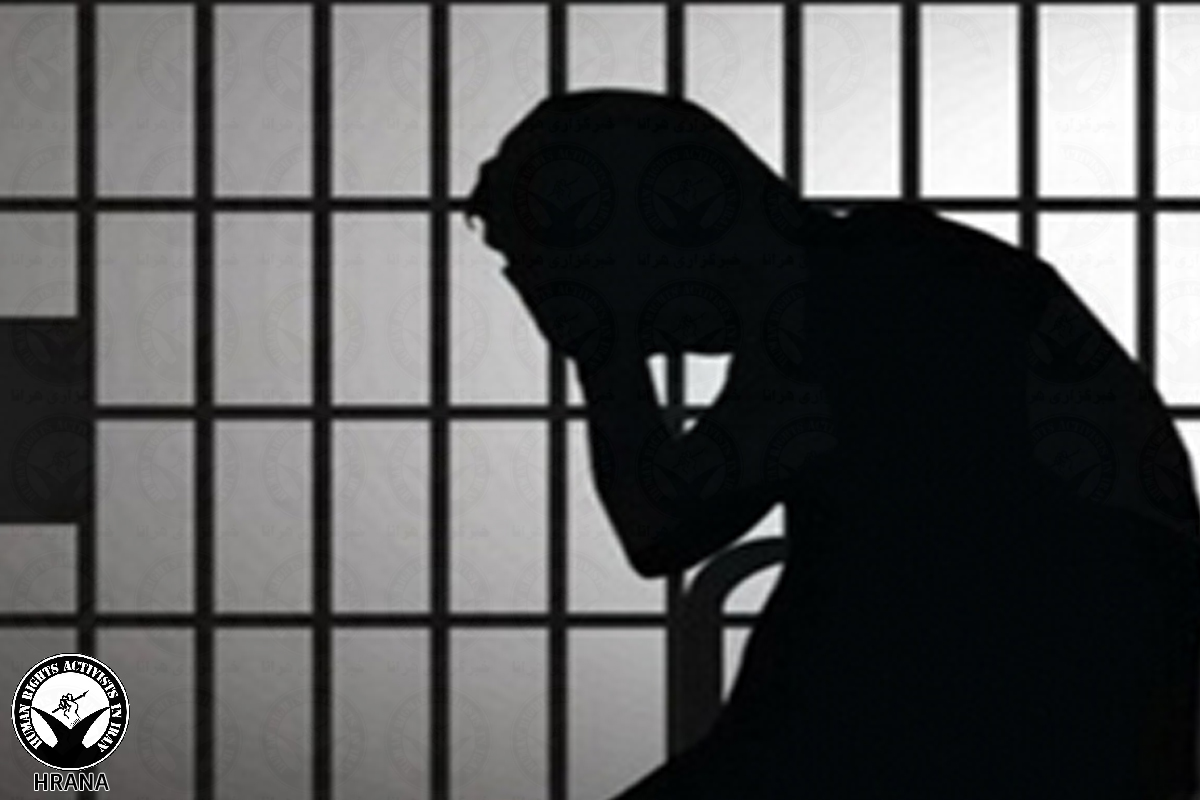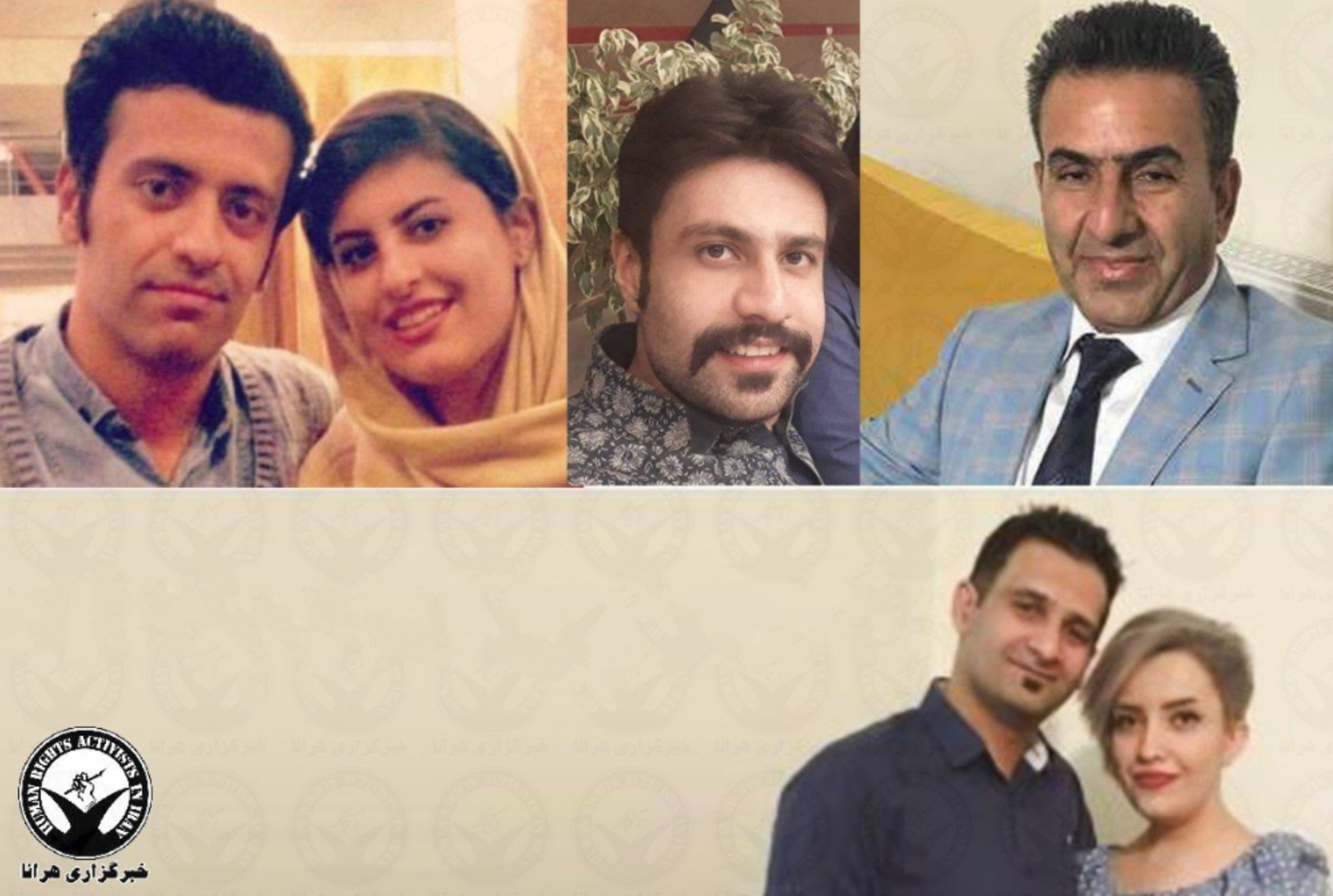Human Rights Activists News Agency (HRANA) – Three Sunni prisoners in Urmia Central Prison were transferred to Rajai Shahr Prison in Karaj in the evening hours of Sunday, August 19, 2018.
Prisoners Anvar Khezri, Khosro Besharat, and Kamran Sheikheh, according to an inside source, faced transfer in connection to charges of “Moharebeh” (enmity against God) brought by the Tehran Revolutionary Court. Khezri, Sheikheh, and Besharat were originally transferred to Urmia for trial in September of last year and had been held in Urmia Central Prison since then.
Last month, HRANA reporters testified to the state of uncertainty surrounding the verdict on the mens’ charges of aiding and abetting murder. Khezri, Besharat, and Sheikheh have been sentenced to 10 years in prison. Sheikheh has been sentenced to death.
These three men, along with inmates Davood Abdollahi, Farhad Salimi, Ghasem Abesteh, and Ayub Karimi, spent 6 years in prison before being sentenced to death in March 2016 by Judge Moghiseh of Tehran’s Revolutionary Court, branch 28. Judge Razini of Iran’s Supreme Court later reversed the sentence.
Following the reversal of their sentence, security forces charged the three Sunni men with “acting against national security”, “propaganda against the regime”, “membership in Salafist groups”, “spreading corruption on earth” and the aforementioned Moharebeh. Authorities have yet to elaborate on these allegations.
Inside sources related to HRANA that the defendants deny any history of violence, and believe the charges are a pretext for persecuting them for their religious beliefs and practices, including attending meetings and distributing Sunni literature. Khezri, Besharat, and Sheikheh have reportedly endured mental and physical torture over the course of their interrogations.
HRANA previously reported on Khezri’s poor bill of health, including respiratory problems caused by torture. In the same report, doctors who examined Khezri stated his symptoms were caused by “a heavy blow” to his chest.
The three men have thus far been denied the right to appoint lawyers of their choice or defend themselves in the court.
Despite the efforts of their state-appointed lawyer Mahmoud Alizadeh-Tabataba’i, these seven prisoners will soon have spent nine years in a state of legal suspension, one that has caused severe mental and psychological strain for both them and their families.
The prisoners have attempted in various ways to push their case forward, including staging a hunger strike and requesting clarification of their charges and verdict.



